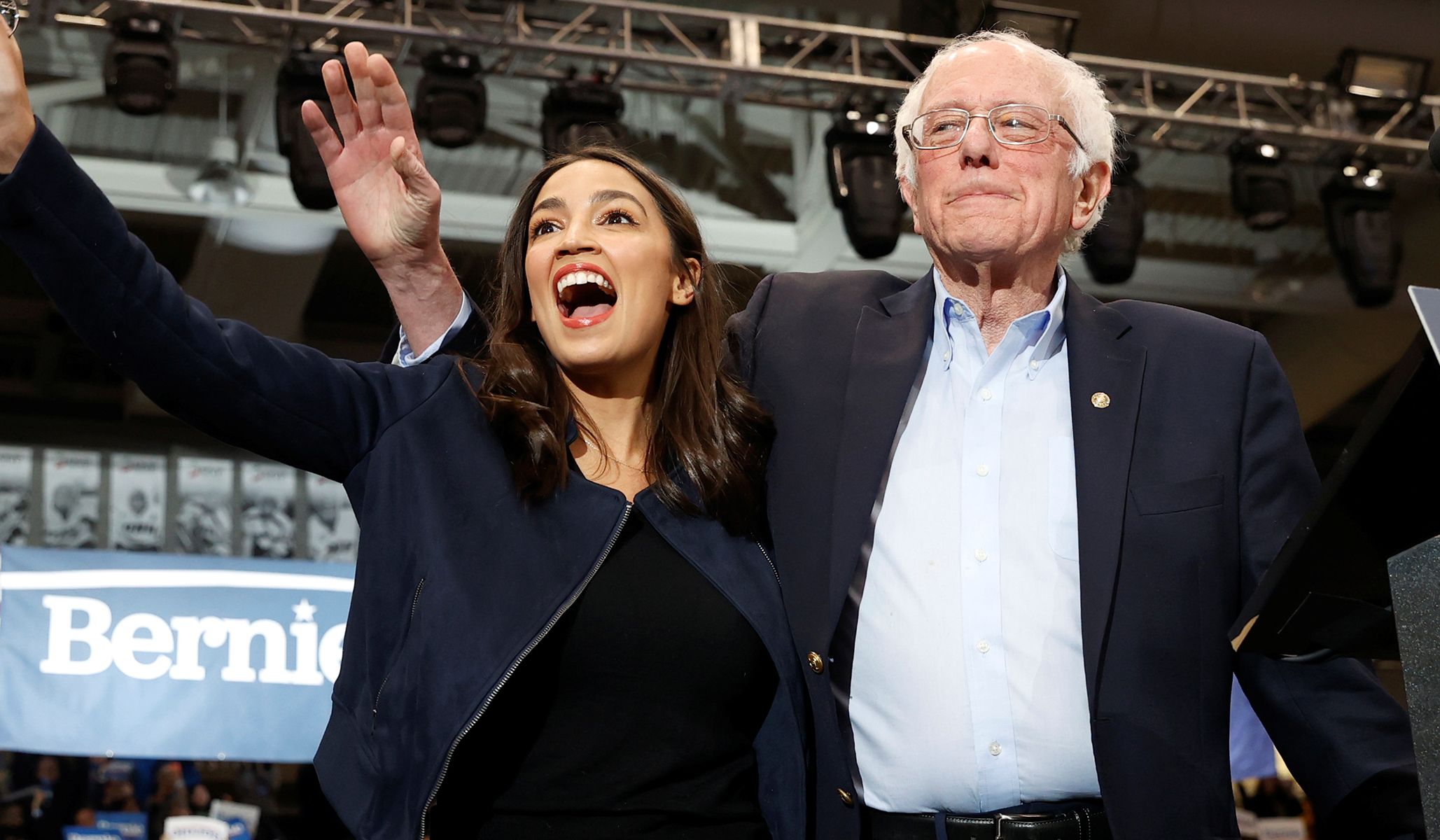Congressional Progressive Caucus Prepares to Block Infrastructure Bill if Reconciliation Budget Fails

The Congressional Progressive Caucus is deliberating whether to deploy its members to kill the $1 trillion Biden-backed infrastructure bill if the accompanying massive social spending plan House Democrats spearheaded fails to advance.
The $3.5 trillion reconciliation package includes provisions for the Democrats’ legislative priorities, namely education, childcare, climate change, and paid-family and medical leave.
House Speaker Pelosi has signaled that she won’t proceed with the main bipartisan bill unless the reconciliation bill follows it, while Republicans are unified in opposing the extremely expensive latter measure.
Congressional Progressive Caucus Chair Pramila Jayapal told Politico that the majority of her coalition, which comprises 96 members, has privately shared it is prepared to thwart the infrastructure bill in protest unless it is a package deal with the Democrat-spearheaded measure.
“Even if there were Republicans that come along” to support the Senate infrastructure in the House, Jayapal said, “we will have more individuals, more Democrats who are going to vote it down without the reconciliation bill.”
“I feel very confident in our numbers, and it is far beyond 20,” she added.
On Monday, the House reconvenes to resume legislative proceedings for two weeks. This session is expected to see a final vote on the infrastructure framework that Biden introduced many months ago.
To pass the reconciliation bill, Democrats need 51 votes in an evenly divided Senate, a difficult feat to achieve with moderate senators Joe Manchin and Krysten Sinema objecting to it. In a major blow to the Democrats’ aims, Manchin recently rejected the massive $3.5 trillion plan, citing its gargantuan price tag and inflation concerns. To appease Democrats, Manchin announced he would be amenable to a reconciliation budget in the ballpark of $1 trillion to $1.5 trillion, but that lower ceiling was not good enough for Senator Bernie Sanders and Representative Alexandria Ocasio-Cortez.
“It is absolutely not acceptable to me. I don’t think it’s acceptable to the president, for the American people, or the overwhelming majority of the people in the Democratic caucus,” Sanders said on CNN last week in reference to the Manchin’s downsized proposal.
Ocasio-Cortez has refused to budge on the reconciliation bill moving in tandem with the original package. She slammed Sinema recently over her criticism of the social bill’s cost.
“It was made very clear at the beginning of this process that this bipartisan deal, if it even survives the Senate, the only chance that it has at passing the House is if the House passes the Senate bill and if the Senate passes the House bill, which is largely in reconciliation,” AOC said on CNN last month.
As a last strategy, some congressional progressives believe they can leverage the infrastructure bill to pressure moderate Democrats into capitulating and supporting the social spending package.
“A lot of us agreed to move the bipartisan bill with the understanding that the House was going to move them together. It’s certainly not my preference to let the bipartisan bill go without an agreement on reconciliation,” former Democratic House member Chris Murphy (D., Conn.) told Politico.





Comments are closed.